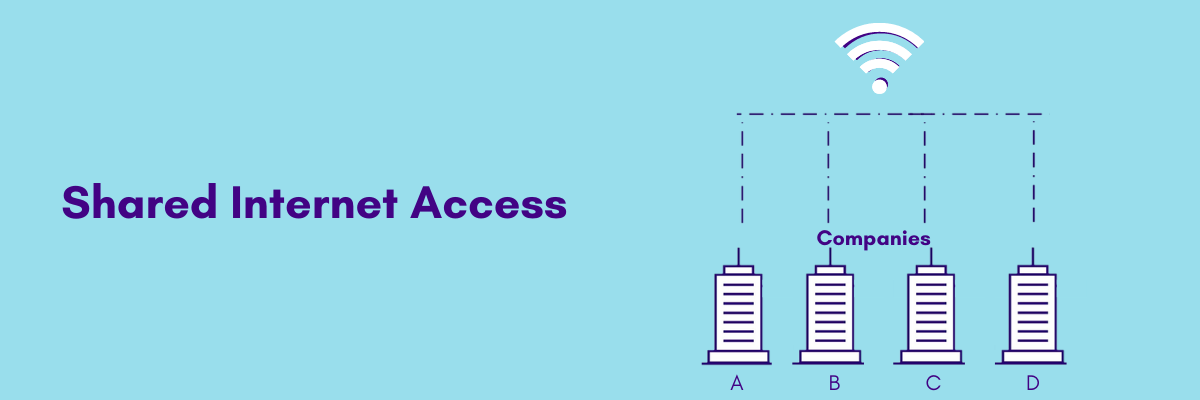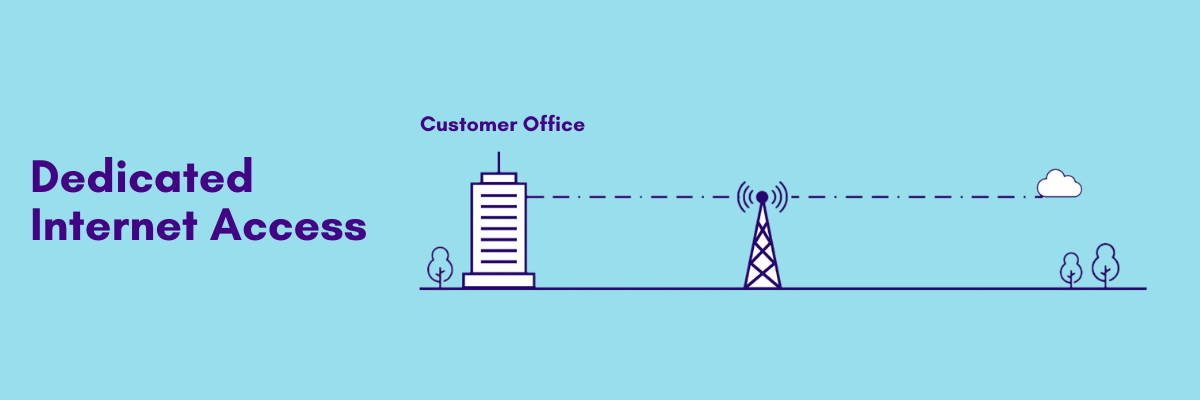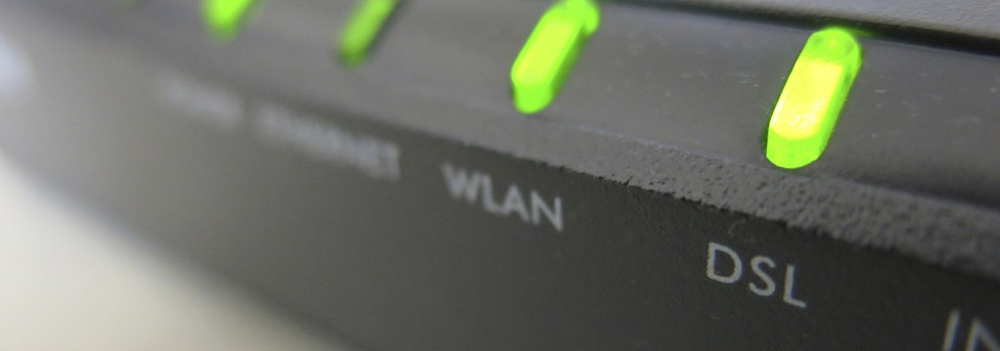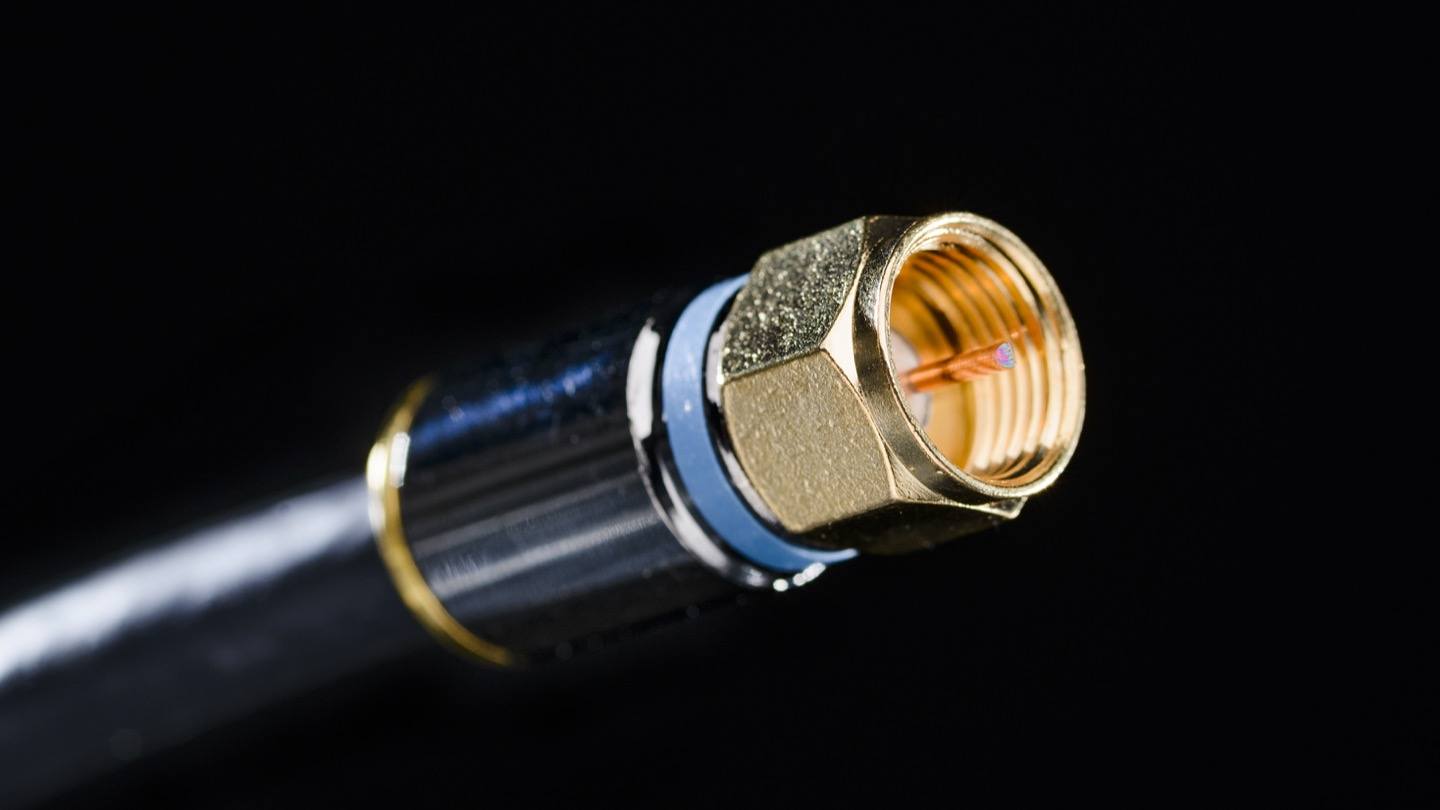Communication is the most important component for any successful company, and for businesses, it means connecting through the Internet. However, the world of internet access can be quite intimidating, with so many different providers offering various types of connections at varied prices.
Of course, it’s easy to look at the cost and speed and assume it to be the best; overlooking your business needs might make you choose services that do not cater to your business needs.
So, before you jump into any random service providers, here’s are a few types of internet connections for businesses to help you make a concrete decision.
Types of Internet Connections for Business:
Picking the best type of Internet connection for business involves looking at each connection type, its benefits, and its flaws.
Below are the main types of Internet connections for business.
- Shared network
- Dedicated Internet Access (DIA)
- Fiber Internet
- DSL Internet connection
- Cable Internet
Let’s discuss these business internet types in detail;
1. Shared Internet Access
A shared network is the most common type of business internet connection because of its low cost, fast download speed, and general availability. This type of internet connection is used mainly by small businesses, retail establishments, or large businesses.

Shared internet works best for residential broadband services because the users are rarely engaged in any online activity.
One most common example of shared Internet is a shared broadband network, allowing multiple customers to access it. The bandwidth is divided into various subscribers in the shared, but this doesn’t mean that businesses can access or see users’ confidential data from another network.
Instead, a shared network means that their speed is community bandwidth speed, which can be fast or slow. Also, you might experience buffering videos, jittery VoIP calls, and slow page speeds, but this is worth putting up in return for low-cost internet availability.
Although it’s budget-friendly, this type of connection could be a hassle for businesses. You need to examine whether or not your services could match with the business performance. The level of technical support offered with the shared Internet is also not appropriate for business users.
Related Read: Why does Business Require Reliable Internet Connection?
2. Dedicated Internet Access (DIA):
Dedicated Internet access helps establish a private connection between the ISP and the customer’s premises. The dedicated connection is usually symmetrical, which means the customers will receive equal same uploading and downloading speed. This is one of the most important considerations if you transfer files in both directions.

With DIA, there are no limitations on the speed; this means your network will be able to perform continuous file transfers, stream audio and video, and deliver reliable cloud connectivity.
Why do Dedicated Connections Matter?
When you have a dedicated Internet connection, you own a dedicated bandwidth and will not experience downtime.
Some of the other reasons for choosing a dedicated connection are:
- Reliability: The most significant advantage of a dedicated Internet connection is they are reliable. The fluctuating Internet speed in the shared connection hinders stream and download; this is not true with a dedicated Internet connection. In addition, when you have a dedicated speed, the speed you pay for is entirely yours.
- Performance: When your Internet connection is not shared, you get full access to your speed without outside interference. Whether you have access to a high-speed connection from Telecloud, you will constantly get speed throughout the day.
- Security: Having a secure Internet connection is a priority of every business. With a dedicated Internet connection, you can have a secure network without interference. The direct connection will also make it easier for you to use secure applications.
3. Fiber Optic:
Fiber-optic Internet is the fastest connection that offers speed up to 940 Megabits per second with no lags. Fiber Internet uses a fiber-optic cable, which can send data as fast as a speed of light.

Also, fiber-optic cables are not susceptible to serve weather conditions as compared to other types of fibers. These cables also resist electrical interference effectively.
How does Fiber Optic Internet Work?
Fiber optic internet is quite complex as they allow the transmission of information from light than electricity. They are tiny, about 125microns, a bundle of cables that carry pulses of laser or LED. These cables transmit data in binary form.
Here’s brief information about the main types of connection that are used:
4. DSL Internet Connection:
A DSL digital subscriber line also uses telephone lines to transmit data. DSL speed varies depending upon the distance from your provider’s facilities. Local phone services provide DSL with high-speed internet access to be delivered to all the existing phone numbers.

In most scenarios, you’d likely want DSL only if your other alternative were an old-fashioned, low-cost dial-up service, which surprisingly is still available in many areas.
Compared to dial-up, DSL offers advantages like:
- You’re able to use the Internet and make phone calls simultaneously.
- It’s faster than dial-up.
- You choose price plans based on the speed you want or are willing to get.
Types of DSL Internet Connection
There are two main types of DSL technology.
- Symmetrical DSL– Symmetrical connections offer equal bandwidth for upload and download speeds.
- Asymmetrical DSL– This is the most popular type of DSL connection as people mostly use the Internet for downloading than uploading. This is also the reason for asymmetrical connections having high downstream bandwidth and less upstream bandwidth.
Pros of Using DSL:
- Since the DSL is built on existing phone lines, it is widely available.
- DSL connection costs less than satellite or broadband Internet connections.
- With DSL, each Internet subscriber has a dedicated circuit, just as they would with phone service.
- As a result, several subscribers online at once don’t put a heavier demand on DSL lines.
- With cable Internet, neighboring subscribers share a cable to slow the connection during peak Internet usage times.
Cons of using DSL:
- DSL connection is distance-sensitive, meaning the connection is better the closer you are to the central office. However, when you get farther away, the signal decreases and the speed slows.
Related Read: 7 Reasons Why You Are Paying Too Much For Your Business Internet
5. Cable Internet:
Cable Internet is a form of high-speed connection that uses a cable television infrastructure to access end-users. Therefore, the network that provides your cable TV connection is the same one that allows you to access the Internet.
You first need a modem and a coaxial or cable wire that runs the CMTS (cable modem termination system) for cable internet.
How is Cable Internet Different from Other Connections?
Considering the factors like high-speed or broadband Internet, the differentiating feature of cable Internet is that it rides on a cable TV network. So your distance to the local cable TV service provider’s CMTS doesn’t affect Internet speed.

Besides cable Internet, other forms of high-speed access are DSL, fiber optic, and satellite. DSL service provides Internet access with the help of unused telephone lines.
Unlike dial-up, this setup does not interrupt your phone service. However, the Internet speed slows down the farther you are from the provider’s switching station. Cable Internet is one of the most used forms of broadband service, mainly because of its availability and speed.
Knowing its functionality and the type of devices you need can help you resolve minor technical problems that may arise.
Conclusion:
It is not easy to determine the clear winner between these different types of Internet connections. After all, it all depends on what your individual business needs.
For faster speeds, you should be considering fiber; but if your budget is tight, consider the low-cost DSL solution. At the end of the day, the connection you choose should offer you a balance between costs, speeds, and service requirements.
Also, you must determine the Business Internet Provider like Telecloud to create a perfect package per your needs. Also, if you have applications like VOIP, video, cloud, or other mission-critical apps, a dedicated business connection is the only viable option that will address your needs and concerns.

